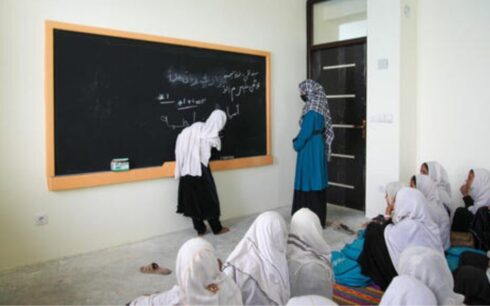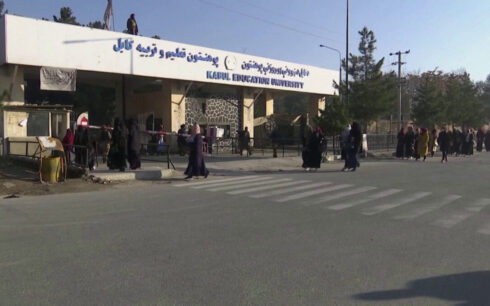A joint report by UN Women, the International Organization for Migration, and the United Nations Assistance Mission in Afghanistan has revealed significant challenges faced by Afghan women, calling for global attention and action.
The report, “Situation of Women in Afghanistan,” emphasizes the importance of education and employment in addressing a range of issues including mental health crises, poverty, early marriages, child labor, domestic violence, and illegal migration.
Women in the report stressed that education and economic empowerment are crucial in household and community decision-making. The statement expressed concerns over current restrictions on women and girls, potentially reinforcing stereotypes of women’s lack of knowledge and power. This could leave a generation of women without qualifications and skills for leadership roles.
Over the past year, women have reported a noticeable decline in their influence within their homes and communities. From January to November 2023, the proportion of women reporting “good” or “full” influence in households plummeted from 90 percent to 39 percent. Community influence dropped from 17 percent to five percent.
Furthermore, 48 percent of women felt that restrictions have become more stringent, while 32 percent sensed a potential easing. However, an alarming continuation of poor mental health among women was noted, with 76 percent rating their mental health as “very bad” or “bad.”
The report also highlighted that 53 percent of respondents believe Afghan women are aware of climate change causes and impacts, suggesting their potential role in disaster risk reduction and environmental management.
Recent earthquakes and forced returns of Afghan nationals from Pakistan, predominantly women and children, have exacerbated crises. Discriminatory policies, including the ban on women workers at NGOs, hinder gender-responsive humanitarian assistance.
Afghan women have called on the international community to pressure the Taliban by linking aid to improved conditions for women and facilitating direct communication with Taliban representatives. They have also urged the UN and international representatives to negotiate with the Taliban for exemptions and advocate for women’s rights.
The report concludes by emphasizing the need for international support for women’s economic empowerment to address poverty, mental health issues, and increase women’s influence and decision-making access.





